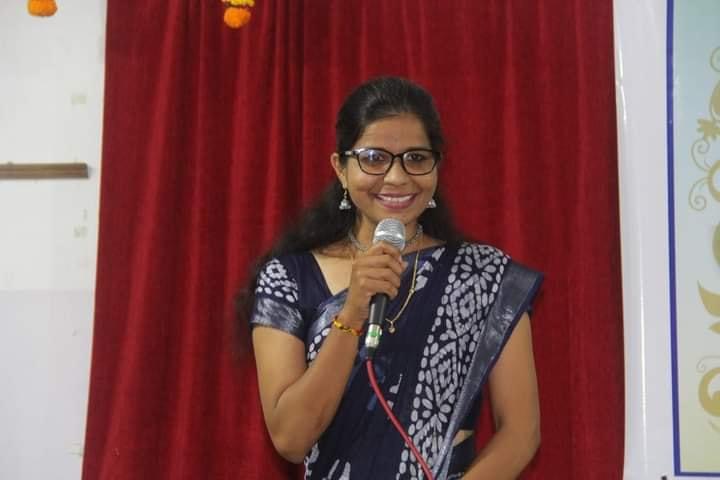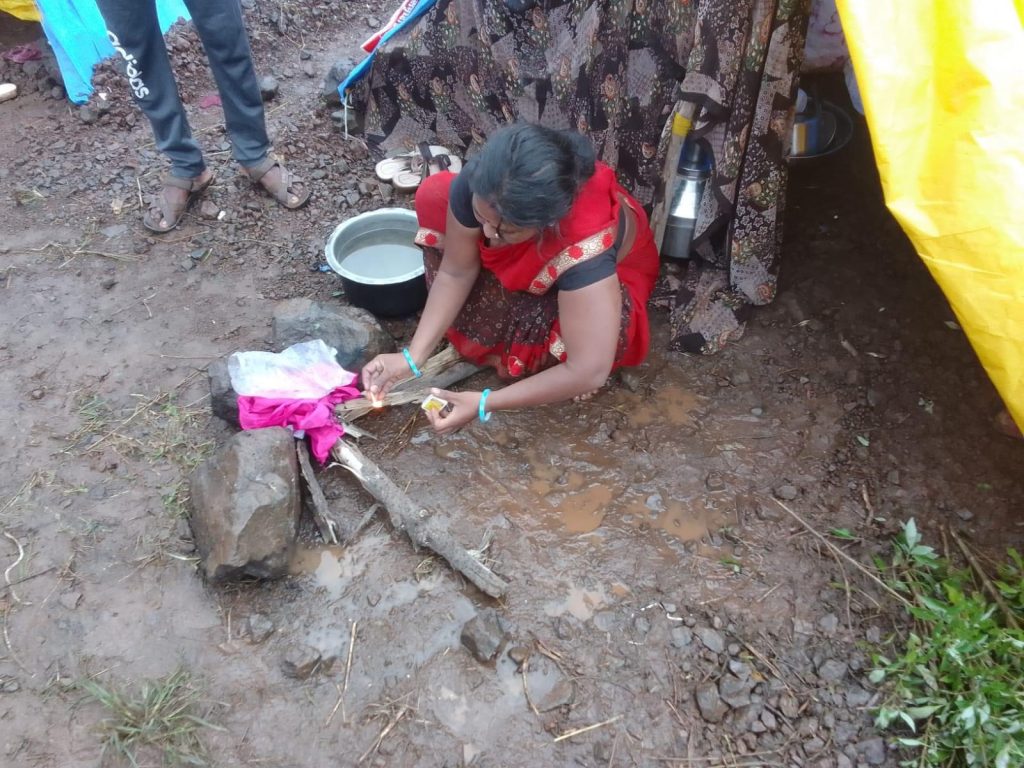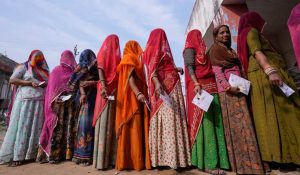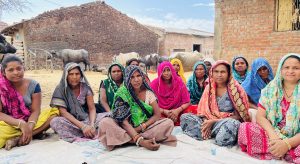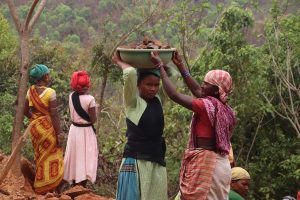[Readmelater]
Women’s Collectives Are Pitching Their Own Manifestos To Parties, Candidates
From women belonging to nomadic tribes to cane-cutters, small social and workers’ groups are presenting their charter of demands to politicians and parties contesting the ongoing elections
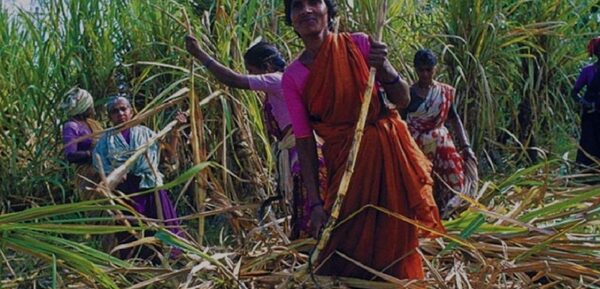
Women cane cutters in Beed district of Maharashtra / MAKAAM
Support BehanBox
We believe everyone deserves equal access to accurate news. Support from our readers enables us to keep our journalism open and free for everyone, all over the world.
